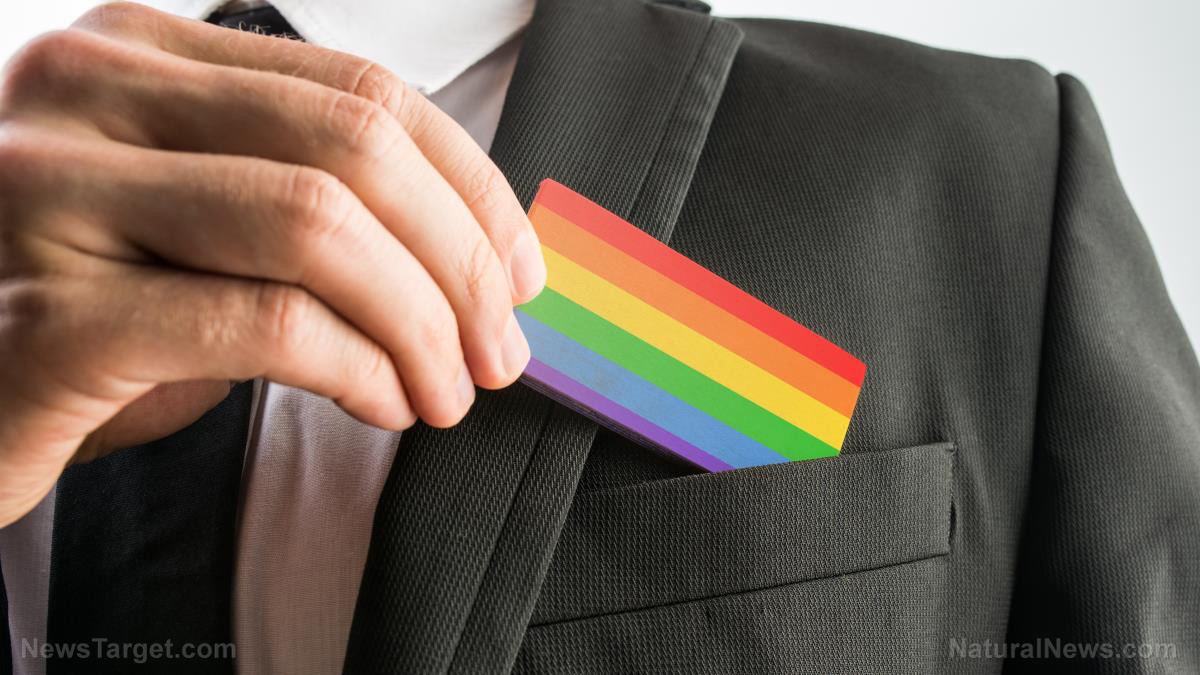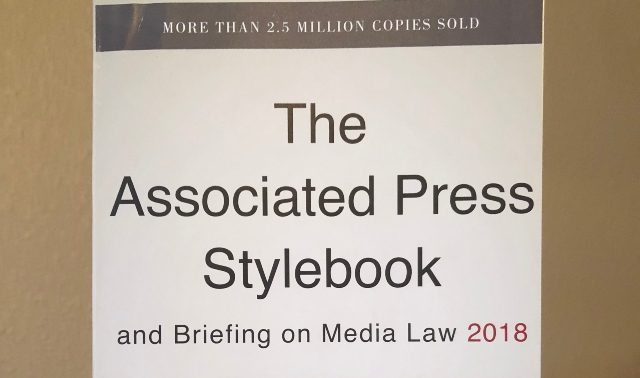Kroger ordered to pay $180,000 to a pair of employees who were fired for refusing to wear pro-LGBT symbols at work
11/27/2022 / By Cassie B.

The Kroger grocery store chain has been ordered to pay $180,000 to two of its former employees who were fired from their jobs for refusing to wear a company apron that contained an LGBTQ symbol.
The lawsuit was filed on behalf of employees Trudy Rickerd and Brenda Lawson by the Equal Employment Opportunity Commission. The women were employees of a Kroger store in Conway, Arkansas, which is situated just north of Little Rock. When they were ordered to wear an apron featuring a rainbow heart on it to support the LGBTQ community, they refused on the grounds that they had sincere religious objections that prevented them from supporting or promoting homosexuality.
The employees allege that Kroger did not provide them with religious accommodations when they were asked to wear the apron. Rickerd had worked for the company for 13 years, while Lawson worked for them for nearly 8 years. The lawsuit accused Kroger of engaging in religious discrimination in disciplining and ultimately firing the women. Both employees asked their store manager in writing for an exemption from wearing the apron.
In her letter, Rickerd even offered to foot the bill for an alternative apron. She wrote: “I respect others who have a different opinion and am happy to work alongside others who desire to wear the symbol. I am happy to buy another apron to ensure there is no financial hardship on Kroger.” One of the women asked if she could wear her name tag over the logo.
Both of the women’s requests were denied, and they were terminated just a few days apart by the store on the grounds that they violated its dress code. The complaint said that the employees hold “sincerely held religious beliefs that homosexuality is a sin”; the Civil Rights Act of 1964 prohibits all discriminatory employment practices on religious grounds.
Kroger also ordered to set up a religious accommodation policy
The lawsuit asked for back pay for the two employees as well as punitive damages. This week, U.S. District Judge Lee Rudofsky ordered Kroger Limited Partnership to pay $180,000 to the women and to “provide reasonable accommodations to employees who have sincere religious objections to Kroger’s dress code.” He also ordered the company to set up a religious accommodation policy and carry out new employee training.
The Equal Employment Opportunity Commission said that it was happy with the outcome of the case, particularly with the creation of a policy describing a process to request religious accommodations. The attorney representing the women who were fired, David Hogue, told the media that “this lawsuit is not about casting aspersions or judgments” on members of the LGBTQ community; instead, it is about asserting his clients’ “rights not to be compelled into adopting or approving of any certain lifestyle.”
The Ohio-based grocery store chain, which has locations in 35 states and operates regional supermarkets such as Fry’s, Ralphs, and Fred Meyer, was applauded for being a pro-LGBTQ company earlier this year when they were given a top score on the 2022 Corporate Equality Index by the Human Rights Campaign Foundation. Last month, they announced a $25 billion plan to acquire the supermarket chain Albertsons, which will see them operating more than 4,500 stores with more than 710,000 employees across 48 states if they gain regulatory approval.
Sources for this article include:
Submit a correction >>
Tagged Under:
civil rights, culture wars, employees, gay mafia, gender, identity politics, kroger, lawsuit, left cult, LGBT, Liberty, woke, wokeism
This article may contain statements that reflect the opinion of the author
RECENT NEWS & ARTICLES
COPYRIGHT © 2017 THOUGHTPOLICE.NEWS
All content posted on this site is protected under Free Speech. ThoughtPolice.news is not responsible for content written by contributing authors. The information on this site is provided for educational and entertainment purposes only. It is not intended as a substitute for professional advice of any kind. ThoughtPolice.news assumes no responsibility for the use or misuse of this material. All trademarks, registered trademarks and service marks mentioned on this site are the property of their respective owners.




















